
With Blinken trip, US and China seek stability but no breakthroughs
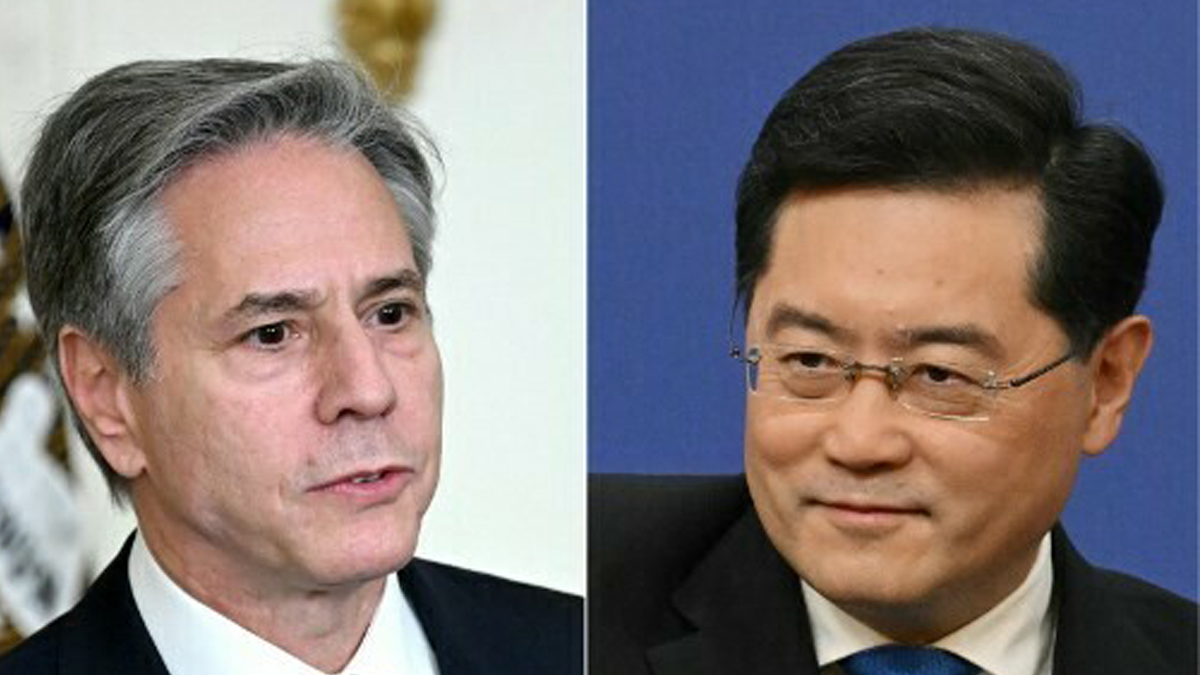
US Secretary of State Antony Blinken pays a rare visit to China this weekend as the two powers seek greater predictability in their tense relationship, but neither side expects any substantive improvement.
Blinken will hold talks Sunday and Monday in Beijing on the first trip by a top US diplomat in nearly five years, rescheduling a visit that was scrapped in February after the United States said it detected — and later shot down — a Chinese spy balloon.
Blinken is also expected to meet President Xi Jinping, who has been invited to San Francisco when the United States hosts the Asia-Pacific Economic Cooperation forum in November.
Daniel Kritenbrink, the top State Department official for East Asia, said that the United States was “realistic” about what Blinken could achieve.
“We’re not going to Beijing with the intent of having some sort of breakthrough or transformation,” Kritenbrink told reporters.
Instead, Blinken is coming with a “sincere desire to manage our competition in the most responsible way possible.”
The United States hopes the trip “will, at a minimum, reduce the risk of miscalculation so that we do not veer into potential conflict.”
US policymakers across party lines have spoken of China as the foremost US competitor, even as President Joe Biden also focuses on countering Russia over its invasion of Ukraine.
– Preventing conflict, but no concessions –
Despite extending an invitation to Blinken, China has struck a confrontational tone including in its readout of a call between Blinken and Foreign Minister Qin Gang to prepare for the trip.
And last month Xi warned that China must consider “worst-case and extreme scenarios, and prepare to endure the significant test of high winds and choppy waters, and even dangerous storms.”
Shi Yinhong, director of the American Studies Institute at Renmin University of China, said that both powers want to prevent military conflict.
China and the United States “wish to prevent their rivalries and confrontations from deteriorating much further, mainly through more and higher-level talks,” Shi said.
But “neither of them has given or is prepared to give any major and lasting concession to the other,” he said.
Kurt Campbell, who leads Asia policy at the White House, told reporters that the United States had recognized that “efforts to shape or reform China over several decades have failed.”
Jacob Stokes, a senior fellow at the Center for a New American Security, said that Blinken’s trip showed a new stage in the US relationship with China — trying to maintain stability even while still focusing on the competition.
Stokes said that China as well is “coming around to the idea that there needs to be at least semi-regular engagement” with the United States, even if Beijing is deeply suspicious of Washington’s intentions.
China also sees a distinction between Biden’s approach and the brazenly confrontational approach of his predecessor Donald Trump, who is attempting a comeback in elections next year.
“I think there is an understanding in Beijing that even if Washington is going to undertake actions that China won’t like, they will sort of see them coming for the most part and that there will be a coherence to them, rather than coming out of left field as sometimes happened in the Trump administration,” he said.
– Friction set on Taiwan –
Blinken will be the first secretary of state to visit Beijing since a brief 2018 stop by Mike Pompeo, who later led Trump’s fierce approach against China including over the Covid-19 pandemic.
Biden and Xi met in Bali in November and agreed to try to prevent tensions from soaring out of control, including by sending Blinken to Beijing.
But Blinken’s trip was soon postponed because of the balloon drama. Senior-level meetings have since resumed with the notable exception of defense talks.
China has accused the United States of stirring up trouble in Taiwan through arms sales and visits by senior lawmakers to the self-governing democracy which Beijing has not ruled out seizing by force.
Washington rejects the allegations and says that it is seeking to preserve the status quo by helping Taipei defend itself.
Kritenbrink said he expected “candid” exchanges in Beijing over Taiwan and on China’s relationship with Russia, as Washington presses for Beijing not to send arms to Moscow.
China has also been angered by US efforts to prevent the export of high-powered semiconductors, with Biden fearing that the Asian power will take a global lead in new technologies and put them to military use.


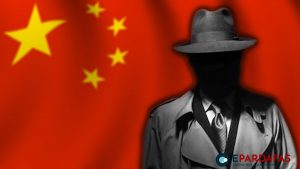



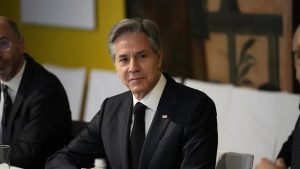
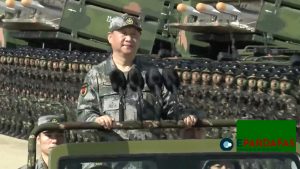

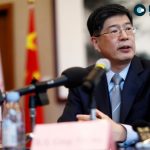
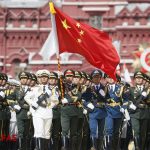



Comments